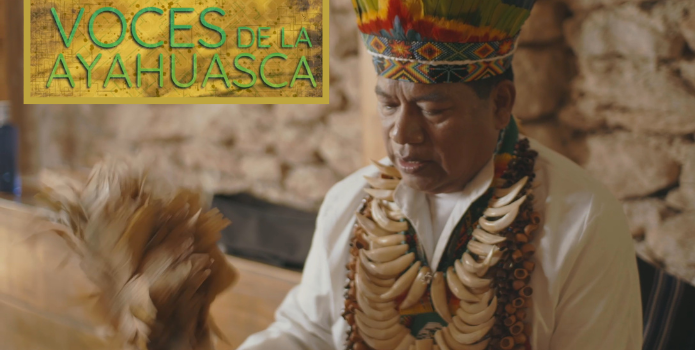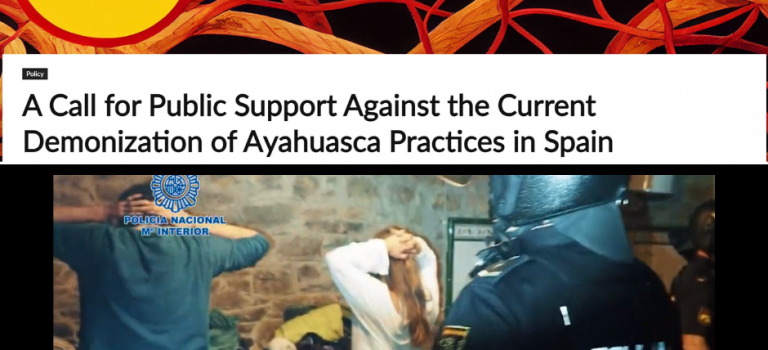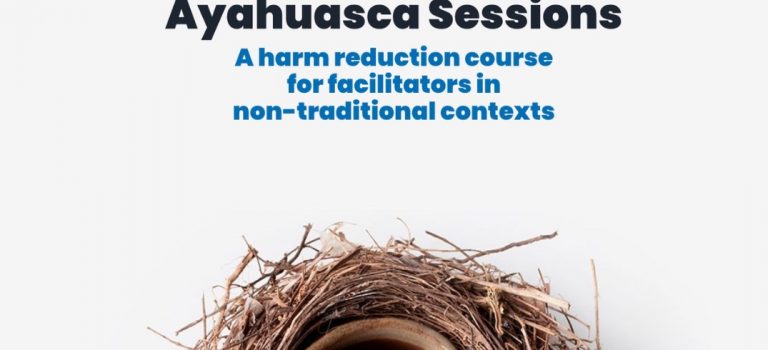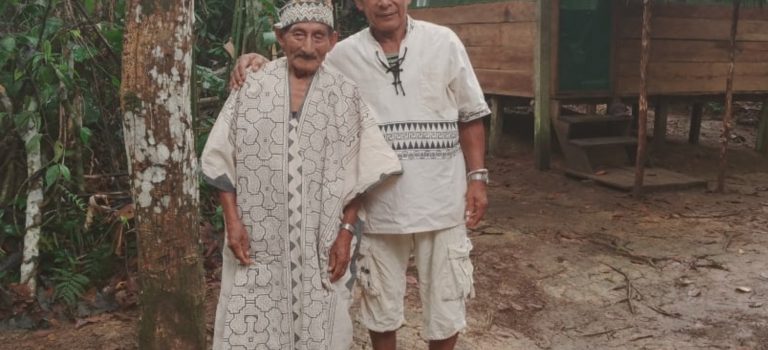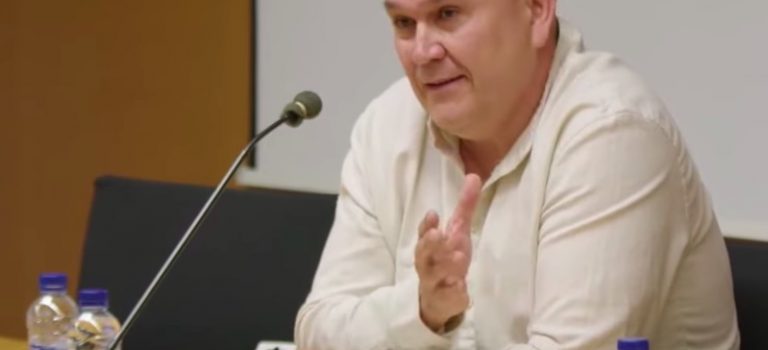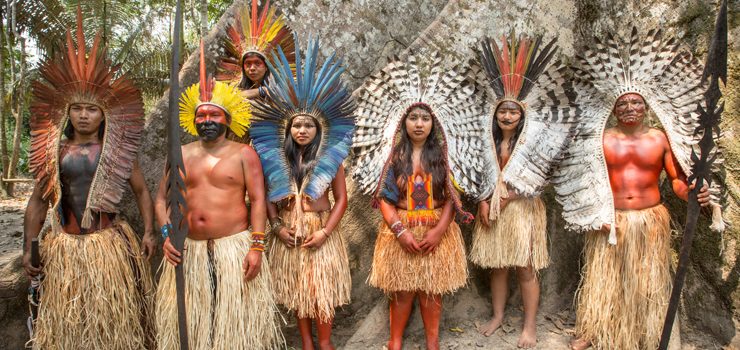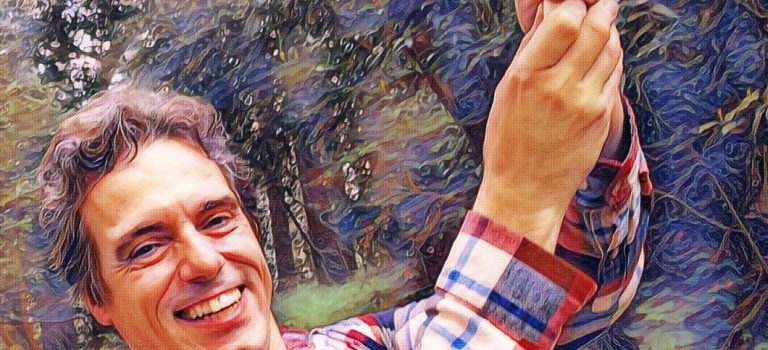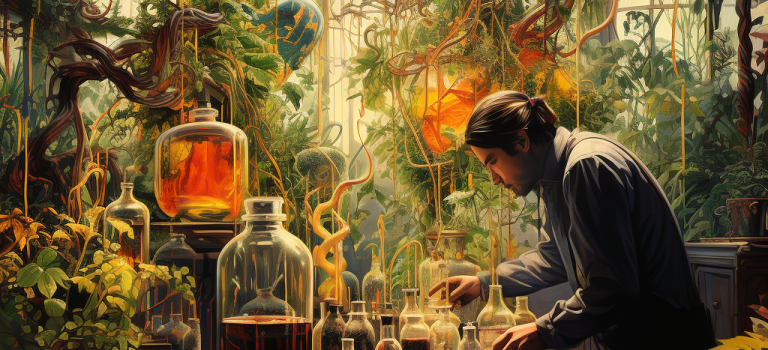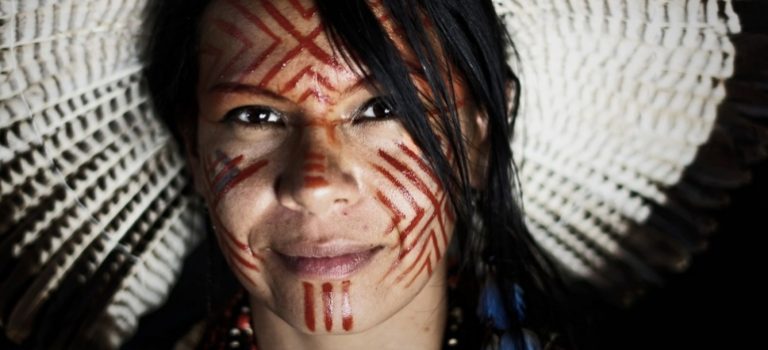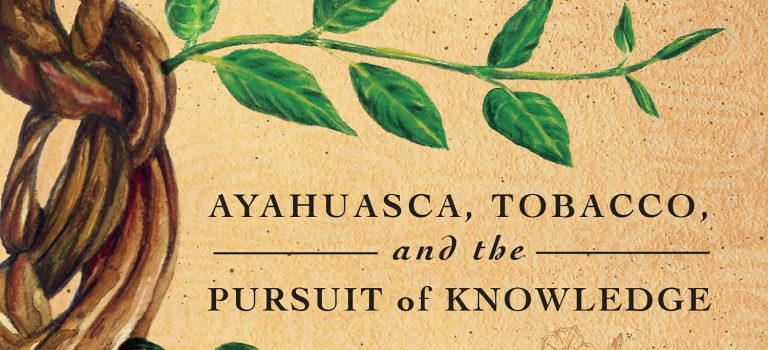Over a year ago, we asked for your help from the Ayahuasca Defense Platform to record a series of documentaries about the Amazonian sacramental beverage.
The reason that prompted us to take this step was to defend the ayahuasca community from a campaign of attacks by the Spanish police and certain media outlets, a strategy orchestrated to stigmatize the practice of ayahuasca.
In these 14 months, we have recorded and edited the first two episodes of the series ‘Voices of Ayahuasca’, namely, ‘The Science of Ayahuasca’ and ‘Santo Daime, the Religion of the Forest’, which, as we promised at the time, can be viewed for free on our YouTube channel.
Read more